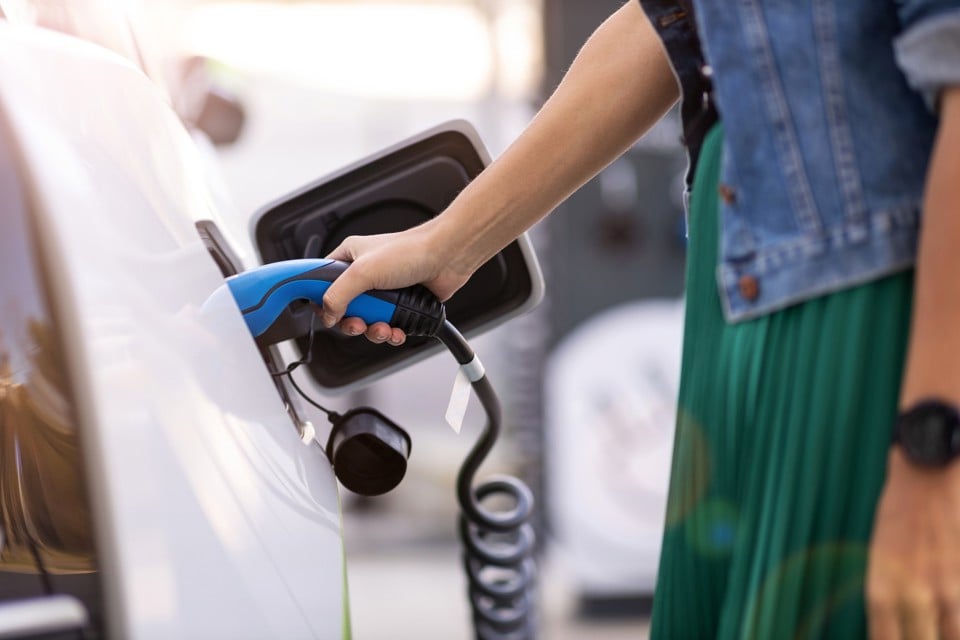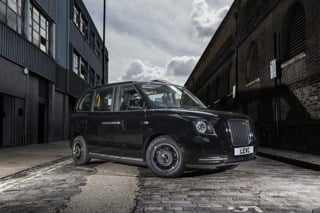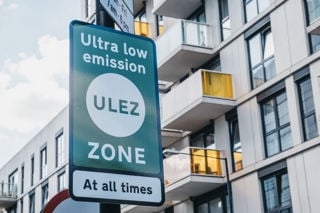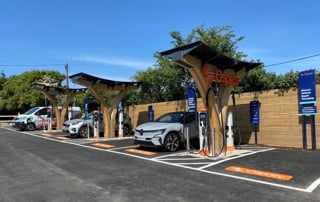New charging infrastructure has been announced for London, with more than 80 new rapid charge points to be delivered across the capital.
London has almost a third of all the charge points in the UK, and the highest volume and share of rapid charge points for any European city.
Transport for London (TfL) will be inviting bids from suppliers for two delivery contracts which include 51 sites in total across north and south London and will deliver 83 charging bays, adding to the initial lot of sites which went out to market in November 2022.
The sites, says TfL, are located on strategic roads to support high mileage, essential road users such as commercial vehicles and businesses.
One is made up of sites in north London – Boroughs include Islington, Enfield, Redbridge, Haringey, Hackney, Tower Hamlets, Barnet and Camden. There will be 45 charging bays released in this batch.
The other is made up of sites in South London – Boroughs include Bromley, Croydon, Sutton, Wandsworth, Merton and Lambeth. There will be 38 charging bays released in this batch
In May 2023, a delivery contract was awarded to Zest, with 39 rapid charging bays expected to be delivered by the end of 2024.
This will mean that TfL have released 122 rapid charging bays to the market in total, exceeding the initial target of 100.
Subject to the supplier and agreed contracts, the remaining sites could all be delivered by the end of 2025, it says.
The Mayor of London, Sadiq Khan, published his EV Infrastructure Strategy in December 2021, which forecast that London will need between 40,000 to 60,000 public charge points by 2030. Up to 4,000 of these will need to be rapid.
To date, there are 12,800 charge points in London, of which over 900 are rapid or ultra-rapid.
Khan said: “TfL will be releasing another two batches of sites to the market to deliver public rapid and ultra-rapid charge points across its road network.
“These sites will play a huge part in supporting high mileage, essential road users such as commercial vehicles and businesses and will help us work towards building a greener and more prosperous London for everyone.”
Andrew Wescott, director of sustainability and regulation at Addison Lee, welcomed the additional charging infrastructure. “Since starting our transition to electric in 2021, access to reliable charging infrastructure has been, and remains to be, the biggest barrier facing mass EV adoption," he said.
"We therefore welcome plans from the Mayor of London to install 80 new rapid charging electric points across the city."
However, Chris Pateman-Jones, CEO of Connected Kerb, says that, while rapid charging across the capital is important, it is vital to acknowledge that there is not a one-size-fits-all solution to EV charging.
“Public charging must reach all communities – from those living in blocks of flats to terraced houses – and that’s where on-street charging comes in,” he added.
“We are about to witness a step-change in EV charging through the Local Electric Vehicle Infrastructure (LEVI) Fund, which will see a huge injection of Government funding to local authorities to enable roll-out of on-street charging at scale.
“Charge point networks, like Connected Kerb, are ready to turn these ambitious plans into real-life solutions that will help millions of households, in London and elsewhere, to make the switch.”





















Login to comment
Comments
No comments have been made yet.